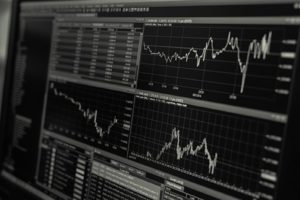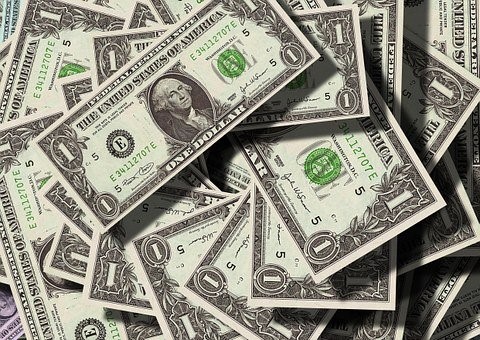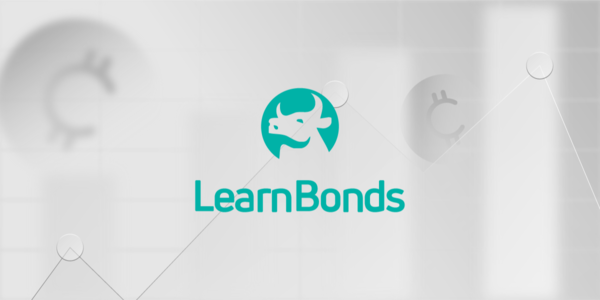How Forex Brokers Allow People to Make Money
Foreign exchange is the largest financial market worldwide. Its daily volume of 6+ trillion US dollars is generated by institutional and retail traders. Until the 1990s, this marketplace had been open to large players only. Forex brokers give everyone a chance to profit. Here is how the system works in Africa.
The Nature of the Market
Currencies are bought and sold in an over-the-counter market. This means there is no physical exchange, and parties connect to each other directly. All currencies are divided into three classes: Majors, Minors, and Exotics. They are valued against one another, forming pairs. As the value of these pairs is always changing, traders can make a profit from well-timed operations.
Scope of Services
A brokerage account opens access to the global market. However, these companies are more than access providers. They offer support and guidance for every client and process all financial flows.
Brokers arm you with all necessary software tools. For example, Alpari provides top trading platforms for free. This company is a global brand with a presence in many countries including Nigeria and South Africa. It now serves millions of people who trade currencies, stocks, derivatives, and other instruments.
Newbies begin by learning the art of currency exchange. The demo mode of platforms allows them to develop skills in a risk-free environment. Demo accounts from a trusted Forex broker are free, easy to set up, and they unlock all features of the software.
A Look at Currency Pairs
Consider the following example. The price for the EUR/USD pair shows how many US dollars (quote currency) a single Euro (base currency) is worth. Every instrument has two prices valid at the same time – Ask and Bid. The first one works for the buyer (e.g., 1.0664), and the second one for the seller (e.g.,1.0661).
The difference between the prices (in this case, 0.0003) is called ‘spread.’ It is the source of profit from brokers of the market maker type. As every 0.001 is called a ‘pip,’ the spread in this example equals 3 pips.
Currency values are driven by a wide range of factors. Traders should keep an eye on economic and political events that affect the economies their instruments relate to. For instance, those who trade EUR/USD focus on news concerning the health of the US and EU economies, as well as major changes in their domestic and foreign policies.
How Currencies Are Traded
The end goal is to buy low and sell high. In this regard, Forex is no different from the stock market. A key advantage is that any trends can work to your advantage. Traders may capitalize on falls as well as rises.
If you expect a pair to gain value, you can buy more lots and sell them after the spike. In the opposite situation, traders may sell their instruments before they depreciate and buy back more lots for the same amount.
What Tools Are Used
Traders work on state-of-the-art platforms compatible with all popular OS types. These are complex systems that are used for market analysis and order management. The most popular examples today are MetaTrader 4 and MetaTrader 5. Both have sleek mobile versions, so you can work on the go. Some brokers also invest in their own signature apps.
Trading platforms have everything a currency trader needs:
- They are packed with price charts and other graphic aids.
- They give access to the latest news that affects currencies.
- Users may open, edit, and close their positions easily.
- Risk management tools (Stop Loss and Take Profit) allow users to limit potential losses.
Another key benefit is cross-platform functionality. You may open a trade from your laptop and close it via the smartphone app, or vice versa. There are also web-based platforms that work in browsers. These do not require downloads.
How Brokers Make Money
So, what’s in it for the Forex broker? These companies function as intermediaries between retail traders and the market. There are two models of their business: ECN and market maker. The difference lies in the revenue sources.
Electronic communication networks (ECNs) charge a commission per trade. This means their profit is not related to their clients’ performance. When traders win or lose, such brokers get their commission regardless of the outcome. Market makers set their own prices and profit from spreads. They are also known as brokers with dealing desks, as opposed to ‘no dealing desk’ or ECN companies.
The Bottom Line
Brokers open access to the currency exchange and provide educational opportunities. As they also handle financial flows, choose your firm carefully. Look for companies that are officially registered and licensed. Global brands have an advantage, as they have powerful resources and their operations are supervised by industry watchdogs.





